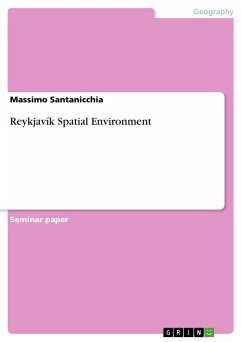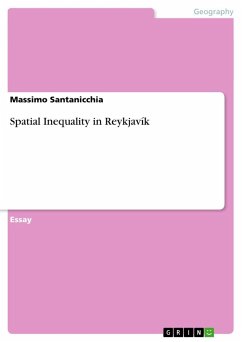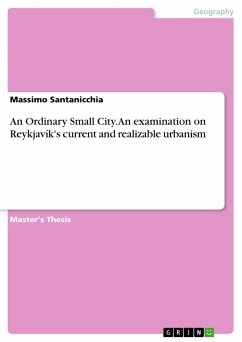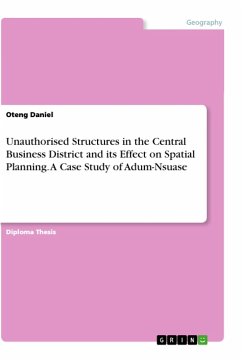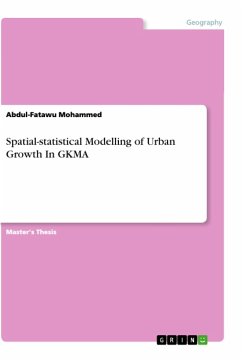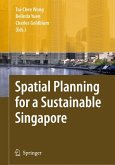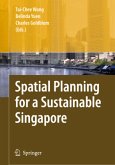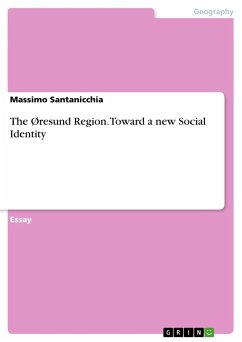Seminar paper from the year 2011 in the subject Urban and Regional Planning, grade: A, London School of Economics, course: Regional and Urban Planning, language: English, abstract: This essay discusses the extent to which neo-liberalism and city planning are compatible or not within Reykjavík´s different political administrations. Observing the city and describing its spatial changes are the tools used to examine this compatibility. Building a city is not just a physical act but the materialization of our decisions and/or aspirations, which happen in a cultural, economic and social framework. City planning and neo-liberalism are two different politics (Chang 2010). Asking how and in what extent they are compatible is like asking whether the Republican Party politics is compatible or not with the Democratic one. The final aim is the same for both: to improve society, but the tools chosen may differ for each of them. The point that is important to make is that both parties are parts of a bigger picture that is called democracy. In a democratic state the power belongs to the people who have the right to vote and therefore to elect their representatives. Equally, neo-liberalism (also known as free-market capitalism) and city planning are parts of a bigger economic system that is called capitalism. There are many ways to intend capitalism, neo-liberalism is just one (Chang 2010). The relation between state and market in a democratic state is a relationship of power and distribution of duties, and it has been changing through the years reflecting our value, morals, beliefs and our understanding of the world.
Hinweis: Dieser Artikel kann nur an eine deutsche Lieferadresse ausgeliefert werden.
Hinweis: Dieser Artikel kann nur an eine deutsche Lieferadresse ausgeliefert werden.

